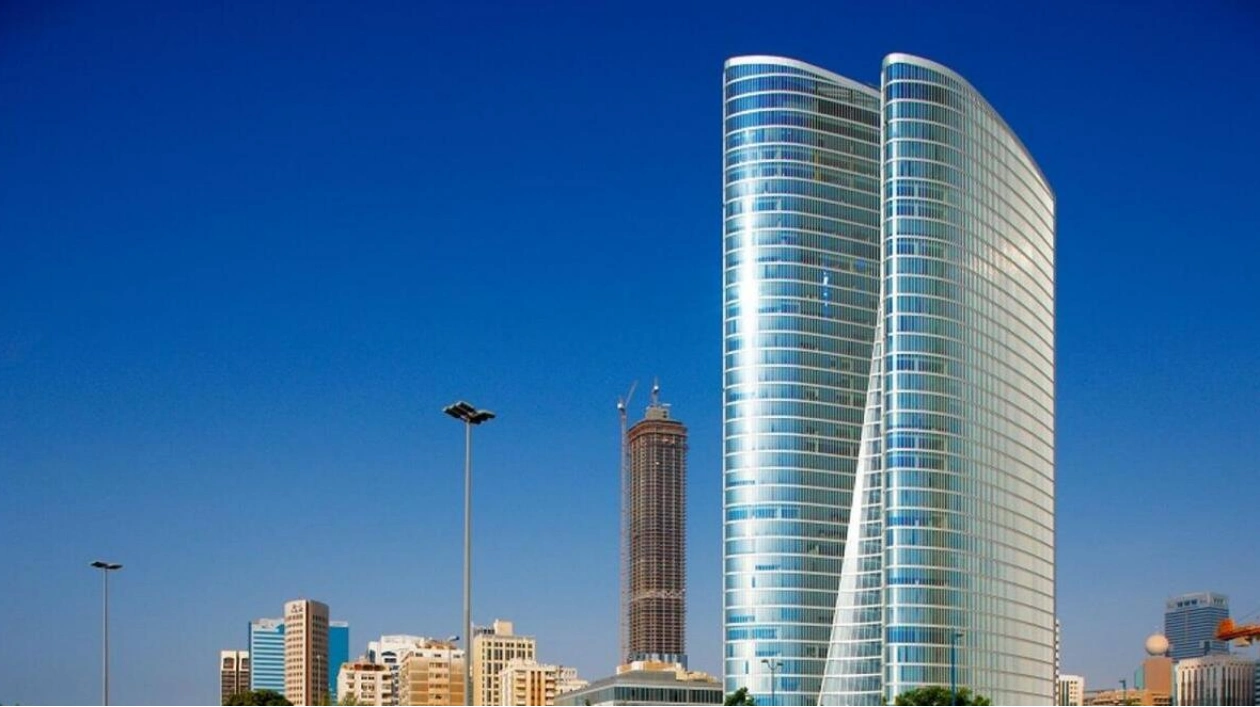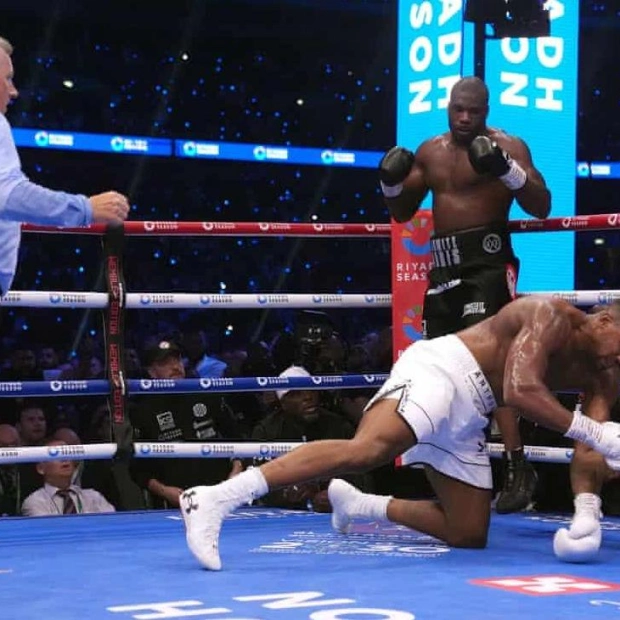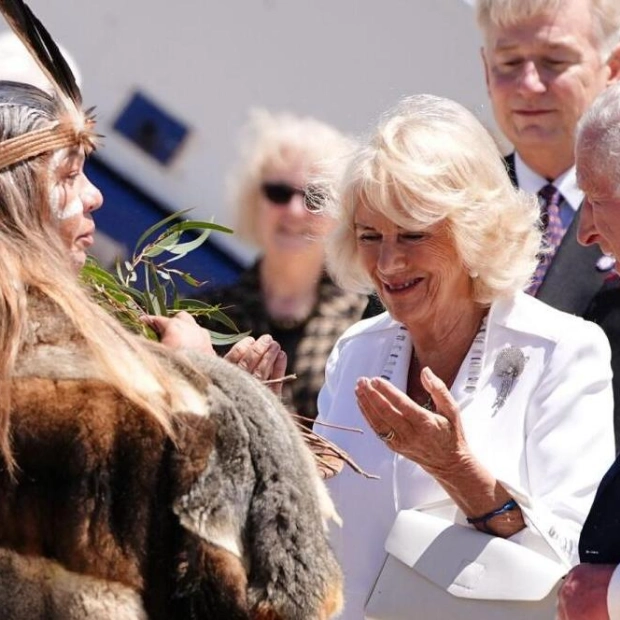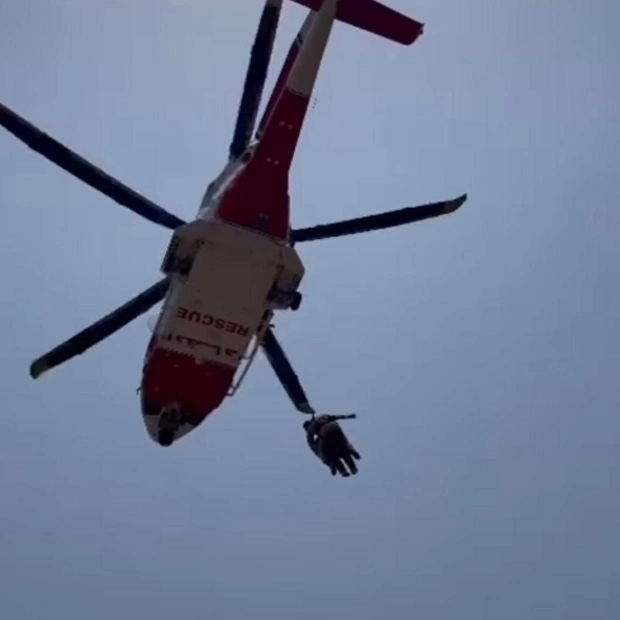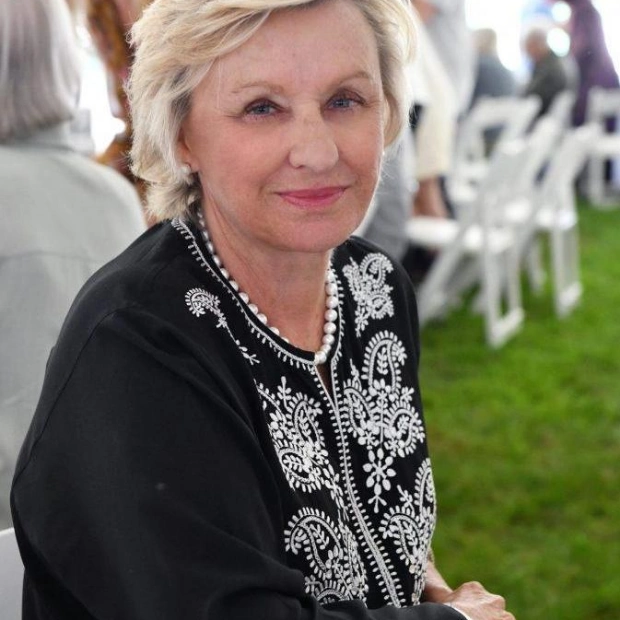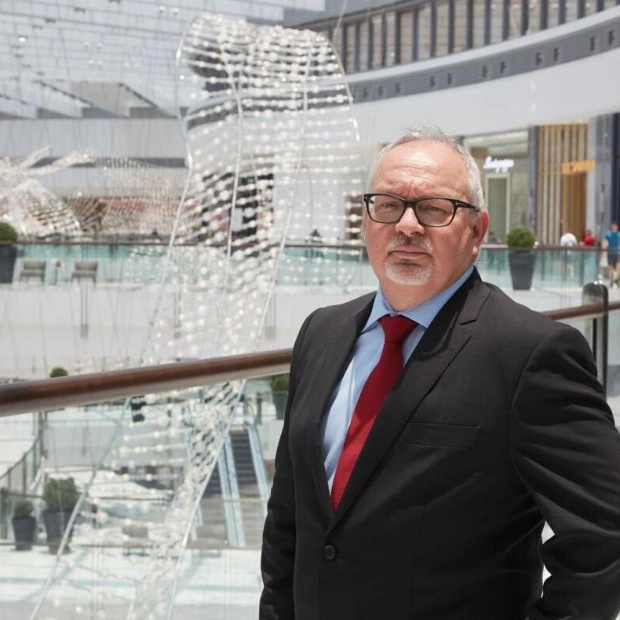Sovereign wealth funds from the GCC, including three SWFs of the UAE, are poised to take on a greater role in European and global mergers and acquisitions in the coming years. SWFs from the GCC, such as Abu Dhabi Investment Authority (Adia), Mubadala, ADQ, Public Investment Fund (PIF) from Saudi Arabia, and Qatar Investment Authority (QIA), rank among the top ten players looking to enhance their involvement in overseas M&As, especially in capital-intensive projects, according to Mergermarket. Additionally, SWFs from the Middle East are increasingly prioritizing environmental, social, and governance issues, particularly in the energy transformation sector.
As per the Sovereign Wealth Fund Institute, the combined assets under management of the region’s ten largest sovereign wealth funds amount to nearly $4 trillion. Notable funds include Adia ($943 billion), Kuwait Investment Authority ($803 billion), PIF ($700 billion), and QIA ($450 billion). European deals involving SWFs from the Middle East have been steadily increasing, with the year 2019 recording a peak of EUR 12 billion across ten deals, as per Mergermarket data. Although deal volumes approached this level in 2022 and 2023, reaching EUR 11.9 billion.
According to Rupert Cocke, senior editor of Mergermarket EMEA, SWFs from the Middle East have gained expertise as limited partners (LPs) in funds managed by other investors. However, in recent years, most of them have been strengthening their investment capabilities. In line with this trend, it is anticipated that SWFs will assume a more significant role in European and global M&A in the years ahead, especially in capital-intensive projects.
Isabel Dische, partner at Ropes & Gray and chair of the firm’s alternative asset opportunities group, commented that numerous SWF clients globally, including those in the Middle East, have expanded their investment programs in recent years. Global SWF reported that sovereign funds worldwide held $11.2 trillion in assets under management (AUM) in 2023, equivalent to approximately 13 per cent of the world GDP of $85 trillion and this percentage is expected to increase as investors become more active.
In 2023, SWFs were dominant in the dealmaking landscape in the Middle East, despite an overall market decline amidst a challenging macroeconomic environment, as indicated by a report from Bain & Company. SWFs channeled about $81.7 billion into mergers, representing a substantial portion of the total deal value for the year. The region witnessed approximately $95 billion worth of M&As in 2023, marking a 3.0 per cent decrease from the previous year’s $98 billion, mirroring the global trend of a 15 per cent drop in global M&As to a ten-year low of $3.3 trillion.
Experts in investment highlighted that sovereign wealth funds are at the forefront of reshaping the economic landscape of the Middle East, moving beyond oil and laying the foundations for sustainable growth and prosperity. They emphasized that the surplus funds from Middle Eastern countries are diversifying economies and contributing to future investments worldwide, reducing the region's dependence on oil and serving as an alternative source of income. These investment experts also pointed out that the region’s SWFs are highly likely to establish a significant global presence in sustainable investment, alongside healthcare, infrastructure, and cutting-edge technologies.
